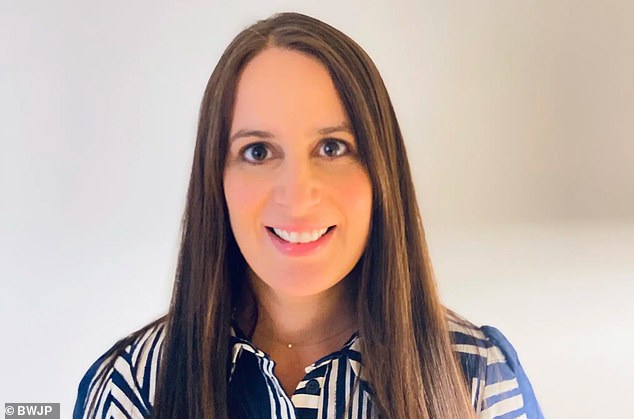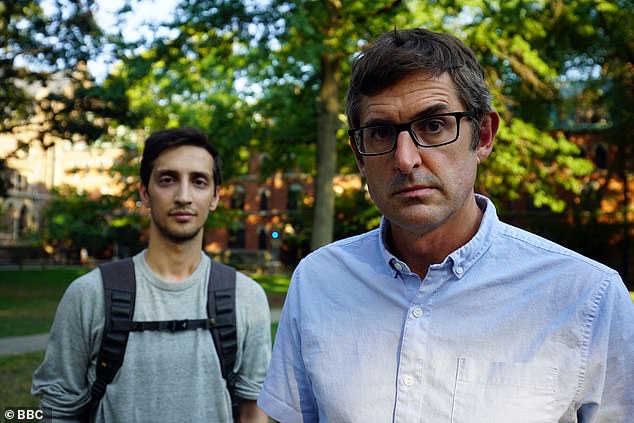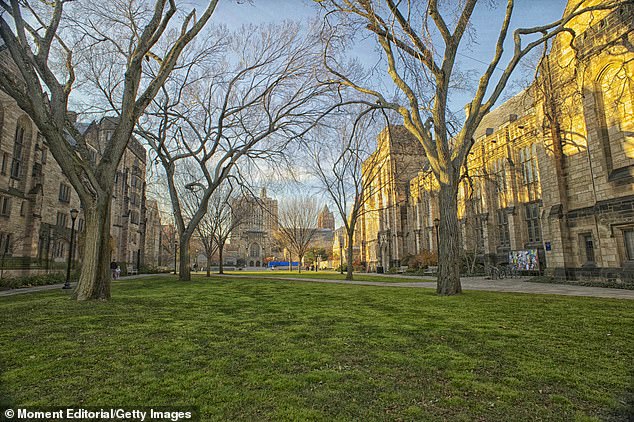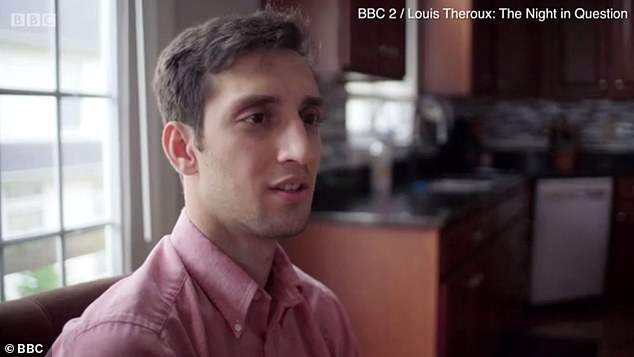An Afghan refugee who won a full scholarship to Yale is suing 15 women’s organizations and his former lawyer for calling him a rapist after being acquitted of the crime.
Saifullah Khan was accused of raping a fellow Ivy League student after a Halloween party in 2015, but sued her for defamation after a jury found him not guilty in March 2018.
The saga became one of the most famous talking points of the #MeToo movement, with 78,000 people signing a petition demanding Khan’s ouster and the accused appearing in a Louis Theroux documentary.
The former neuroscience student filed a $110 million lawsuit against the university when it expelled him, and has now filed suit against groups that tried to block him from suing his accuser.
“It is essential to hold those making false accusations accountable and to continue to support and protect genuine victims of abuse,” said Khan’s lawyer, Alex Taubes.
Saifullah Khan, now 31 and who began attending Yale on a full scholarship in 2012 as a neuroscience major, says the university ruined his reputation.

Attorney Jennifer Becker represented 15 civil rights groups that filed a brief in court labeling Khan a rapist after he was acquitted of the crime.
Khan, now 31, was expected to graduate “with a bachelor’s degree from Yale” and “was about to enter a world full of promise,” according to his lawyers, after winning a place at the university in 2012.
On Halloween night 2015, he went to an off-campus party for the university’s Jewish Shabtai society with his accuser before they both attended a performance by the Yale Student Orchestra at Woolsey Hall.
She told police she had never been drunk before but had consumed so much alcohol at the party that she vomited before returning to her bedroom, where she said Khan forced himself on her.
She reported the alleged attack the following morning and Khan was suspended by the university for more than two years until the case went to court in March 2018, when a jury acquitted him in less than three hours.
But in October of that year, Khan was suspended again after another student accused him of slapping him during a threesome and physically assaulting him on several occasions.
He was then brought before the university’s Committee on Sexual Misconduct, where his original accuser repeated her allegations of sexual assault.
Khan was expelled three months later after the committee ruled against him, and he continued his legal action against his accuser and the university in late 2019.
A judge dismissed the case against his accuser on the grounds that witnesses and victims have absolute immunity from defamation in “quasi-judicial hearings.”

Documentary filmmaker Louis Theroux followed the Khan case for six months

Khan, a native of Afghanistan, filed a lawsuit against Yale (pictured) after accusing the university of denying him an education.
But the Connecticut Supreme Court reinstated it on appeal after finding that the Yale committee hearing lacked due process because Khan had not been allowed to call witnesses or question his accuser.
Fifteen civil rights groups, including Jewish Women International, Legal Momentum, the Chicago Alliance Against Sexual Exploitation and the Connecticut Coalition Against Domestic Violence, had demanded that the Supreme Court dismiss Khan’s defamation case.
They joined together to put their names behind an amicus brief, which is a filing by a party not directly involved in a case.
But despite Khan’s acquittal, the original version of his brief stated flatly that “When Jane Doe was in college, Plaintiff raped her.”
The amicus brief was later revised after objections from Khan’s lawyers, but they believe he has standing to sue them for defamation because the original text remains permanently online as part of the legal record.
‘Defendants, organizations with assets in excess of $200,000,000 and experienced counsel, repeated allegations as facts in a request to file a brief with the Connecticut Supreme Court,’ their latest filing states.
Attorney Jennifer Becker, who represented the groups, issued a formal apology for the wording.
But Khan’s legal team claims her culpability was compounded because she “spent more than six years working as a deputy district attorney in the Bronx County District Attorney’s Office, where she prosecuted hundreds of cases, including rape cases.”
Khan is now seeking compensatory and punitive damages for “defamation, false light, negligent infliction of emotional distress and abuse of process,” alleging “serious harm” to his reputation and well-being.
Taubes accused the groups of “making reckless and damaging statements without accountability, potentially undermining the principle that acquittal should underline the presumption of innocence.”
“Defamatory statements that fail to respect due process not only harm the individuals involved but also undermine the integrity of our legal system,” he said. The university solution.
“A victory would underscore the importance of accurate and fair representation in legal documents and public statements,” he added.


